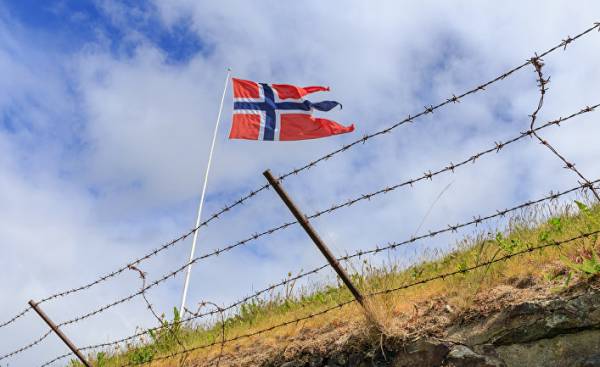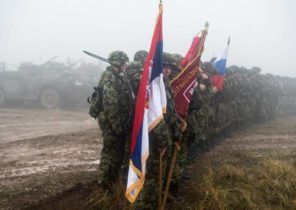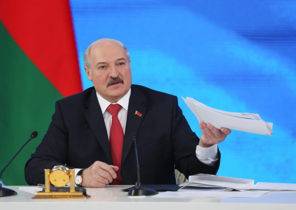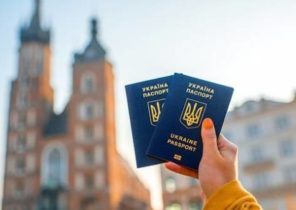
Currently the government is thinking about whether Norway should join the missile defence system of NATO. Appointed an expert group consisting of researchers from the research Institute of the Norwegian Armed forces and the U.S. missile defense Agency, which shall make recommendations in connection with possible Norwegian participation. The panel must submit its recommendations before the end of the year. I assume that the frigates of the Navy will be among the actual candidates. Mentioned about the creation of the U.S. territorial missile defense system THAAD, Evenes (Evenes). It was also on the radar “Globus” in the ward.
The opinion of the party, sitting in Parliament, on this occasion were divided. The question is, what actually is the problem why the installation of radars that can detect incoming ballistic missiles, and missiles that can shoot them down before they reach the goal, are not unambiguously positive and conducive to enhancing security of Norway.
The most common counter-argument is that missile defense will contribute to the arms race and increase the danger of nuclear war. Strategic nuclear weapons, which is delivered by ballistic missiles, is a source of mutual deterrence of Russia and the USA. During the cold war, the Soviet Union outnumbered NATO in conventional weapons. NATO had to resort to deter a Soviet attack using conventional weapons, threatening with nuclear weapons, in accordance with the doctrine of first strike. Today, NATO surpasses Russia in the number of conventional weapons, and nuclear saber rattles Russia.
What both sides threaten each other with nuclear weapons, and one side is trying to secure superiority over another, or have already secured it, to acquire effective ballistic missile defense could lead to an arms race. It can also increase the risk of preemptive attack. The party that will realize that the enemy is on the way to make himself invulnerable, could fall into the temptation to attack — until it is too late. To hand, feeling its superiority, the threshold of use of nuclear weapons could be significantly lower. This was the reason for the conclusion of the ABM Treaty between the USA and the USSR in the 1970-ies. Henry Kissinger had this to say: “Limiting the number of defensive systems against ballistic missiles, the ABM Treaty not only eliminate a source of potentially dangerous defensive arms race, but will also reduce the desire to place more offensive weapons”.
The most important argument “against” from the Norwegian side is that Russia applies to plans very negatively and sees them as a threat to the US. This does not mean that Russia should dictate Norway, what should be its military and foreign policy. But on the other hand, from the small country bordering on a superpower, it’s silly not to listen to the superpower and to take into account its legitimate interests in security, from the perspective of the superpower, its defence and foreign policy plans. These thoughts were the basis of the Norwegian policy of low level of tension during the cold war, nuclear policy, basic policy and undertaken on their own limitations on exercises of the allies in Norway. Then it was the right policy, it remains correct today.







